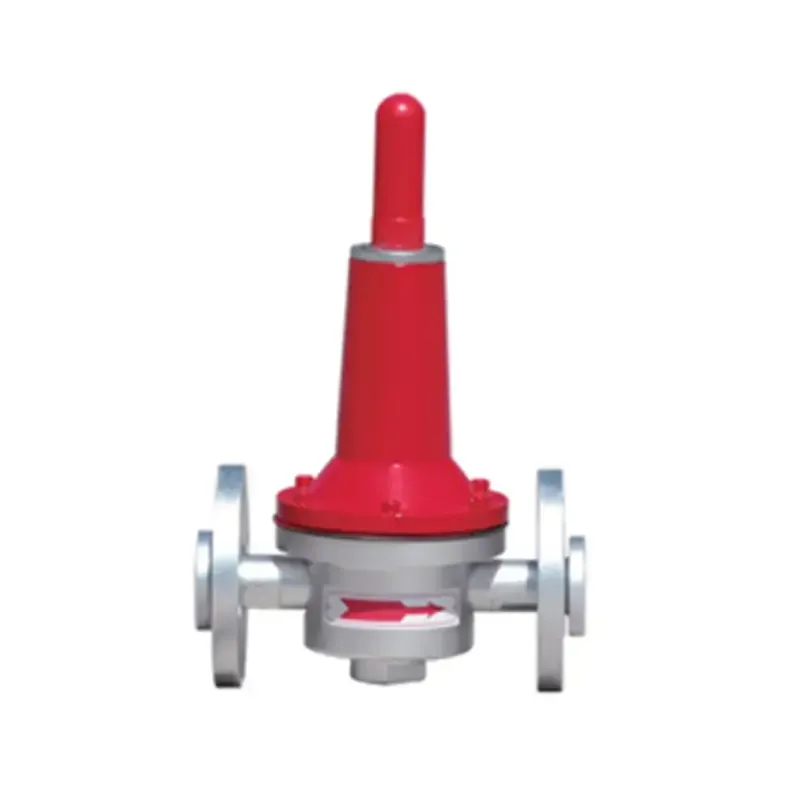
10 月 . 19, 2024 13:00
Back to list
gas metering
Understanding Gas Metering An Essential Component of Energy Management
In an era where energy conservation and efficiency have become paramount, gas metering plays a critical role in effective resource management. Gas meters, devices used to measure the volume of gas consumed by residential, commercial, and industrial users, are essential for billing purposes and tracking energy usage. This article delves into the significance of gas metering, its various types, technological advancements, and its overarching impact on energy management.
The Importance of Gas Metering
Gas metering is crucial for several reasons. First and foremost, it ensures accurate billing for consumers. Utility companies rely on precise measurements to charge customers for the gas they use, which fosters transparency and trust. Additionally, gas meters aid in monitoring consumption trends, facilitating effective budget planning for both individuals and businesses.
From an environmental perspective, accurate gas metering contributes to energy efficiency. By understanding their gas consumption patterns, users can identify areas where they can reduce usage, thereby minimizing waste. This is especially important in a world grappling with climate change, as reducing fossil fuel consumption is essential for mitigating greenhouse gas emissions.
Types of Gas Meters
There are several types of gas meters, each designed for specific applications
. The most common types include1. Diaphragm Meters These are typically used for residential and small commercial applications. They measure gas using a flexible diaphragm that expands and contracts with gas flow, providing an accurate measurement of volume.
2. Turbine Meters Commonly employed in commercial and industrial settings, turbine meters utilize a rotating turbine that spins in proportion to the gas flow. The speed of the turbine is directly related to the gas volume.
3. Ultrasonic Meters These advanced meters use sound waves to measure gas flow. By analyzing the time it takes for the sound waves to travel between transducers, these meters provide highly accurate readings and are increasingly favored in large-scale applications.
4. Rotary Meters Used primarily for high-flow applications, rotary meters use gears to measure the volume of gas. They are known for their durability and reliability in challenging environments.
gas metering

Technological Advancements in Gas Metering
Advancements in technology have significantly enhanced the capabilities of gas metering. Smart meters, for instance, offer real-time monitoring and reporting of gas usage. These devices allow consumers and utility providers to access data remotely, enabling better energy management and optimizing operational efficiency.
Smart meeting technology can also integrate with home automation systems, allowing users to track their energy consumption through mobile applications. This capability fosters a greater awareness of usage patterns, encouraging consumers to adopt more energy-efficient behaviors.
Additionally, advancements in data analytics have improved the ability to forecast demand and identify leaks or irregularities in gas distribution networks. This has profound implications for safety, as rapid detection of leaks can prevent hazardous situations.
The Impact of Gas Metering on Energy Management
Effective gas metering is fundamental to comprehensive energy management strategies. By providing accurate consumption data, gas meters help stakeholders make informed decisions regarding energy procurement, usage, and conservation strategies.
For utility companies, reliable metering is essential for efficient infrastructure management. Understanding consumption patterns allows for better resource allocation, reducing the likelihood of shortages or overproduction. Moreover, accurate metering supports the transition to more sustainable energy sources, as companies can evaluate the effectiveness of renewable energy initiatives and make necessary adjustments.
For consumers, gas metering empowers them to take control of their energy usage. By analyzing their consumption data, households and businesses can identify inefficiencies and implement energy-saving measures, leading to lower bills and reduced environmental impact.
Conclusion
In conclusion, gas metering is an integral aspect of energy management that influences billing accuracy, consumption awareness, and safety. As technology continues to evolve, the importance of gas metering will only grow, providing opportunities for improved efficiency and sustainability. Understanding and embracing these developments will be vital for consumers, businesses, and utility providers alike as we strive toward a more energy-conscious future. By prioritizing effective gas metering practices, we can work collectively to minimize our environmental footprint while optimizing our energy resources.
Latest news
-
Unlocking The Quality Gas Pressure ReducersNewsNov.01,2024
-
The Role of Gas Pressure Reducing StationsNewsNov.01,2024
-
The Importance and Functionality of Safety Relief ValvesNewsNov.01,2024
-
The Essential Role of Safety Valves in Natural Gas ApplicationsNewsNov.01,2024
-
The Essential Role of Gas Pressure RegulatorsNewsNov.01,2024
-
Enhance Your Premium Gas FiltersNewsNov.01,2024

